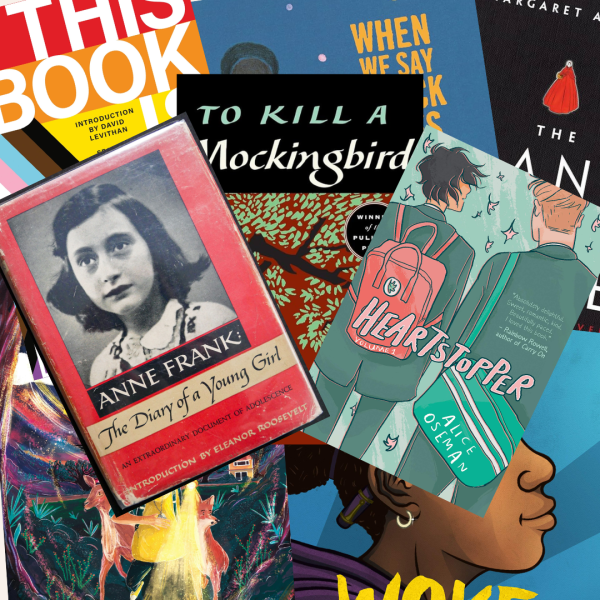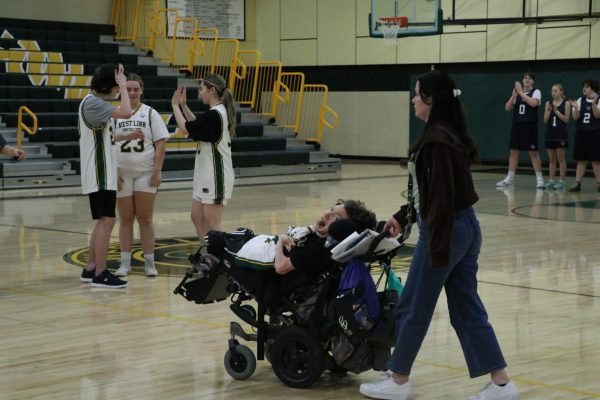Promoting and proposing ethnic awareness
The school administration accepts an Ethnic Studies class proposal
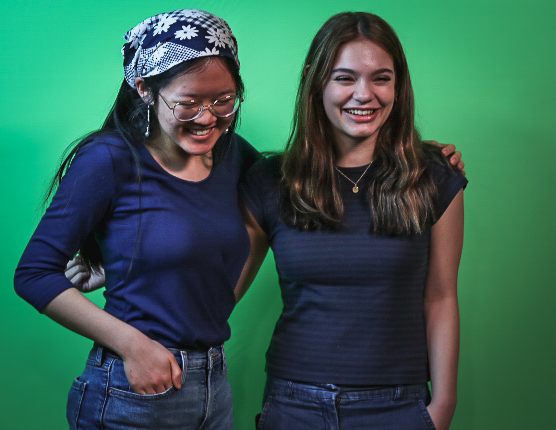
Melinda Lin and Zoe Tupper, junior and senior, respectively, have done the most coordination for Ethnic Studies.
Within the social studies department, no curriculum has ever primarily focused on ethnic heritage, until now. On Feb. 8, the school administration passed an Ethnic Studies class proposal created by Affinity Club, an organization that promotes cultural diversity. The idea of spreading awareness of ethnicity in a classroom environment was developed by Zach Villagomez, former Affinity Club member and school alumni, and the club had to achieve a class proposal along with formatting the class. Eventually, Zoe Tupper, junior, and seniors Melinda Lin, and Uma Grover were able to complete the project.
The school is 79.3% white, which contributes to Affinity Club’s continuous ambition on spreading ethnic and diversity awareness as they did with the Diwali celebration and Lunar New Year. However, their most ambitious project has been the creation of Ethnic Studies, led by Tupper and Lin, junior officer and vice president respectively.
“I feel like it’s really important for us as a majority white school for students to give perspective,” Tupper said. “Even for just the members of Affinity Club and the rest of the BIPOC community to be heard and feel seen, and just overall, be more respected.”
The project started in March of 2022. Villagomez, one of the leaders of Affinity club last year, wanted more awareness of cultural diversity, which aligned with Affinity Club’s values. Meagyn Karmakar, assistant principal, is the adviser for Affinity Club and oversees their activities. Though she isn’t directly involved with the action being done, she provides direction for the club.
“My initial reaction was absolute excitement,” Karmakar said. “I completely agreed with Zack and Uma and Melinda and a bunch of the other kids that were calling for more direct conversation and study around ethnicities around the world. So I was 100% supportive from the day it started.”
Villagomez would gather information, create slideshows, and propose ideas about the possible class to his peers, simultaneously gathering club input. This process took multiple hours.
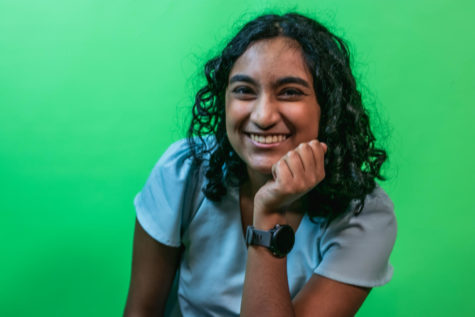
“I think what stood out to me first of all was the lack of information that was out there on the high school level,” Villagomez said. “It’s relatively new and Ethnic Studies itself is still not really prevalent across many schools on that level. I didn’t really know where to approach [it] from. But the fact that there were different teachers and individuals trying to spur movements across the nation was what was really inspiring.”
At the end of the 2021-2022 school year, Villagomez graduated, forcing younger students to take over the Ethnic Studies project. Continuing forth with the project, Grover, Affinity club president, delegated the most responsibility to Tupper and Lin.
“If they need resources, I provide that, I help make sure they figure out a way to get them,” Grover said. “But other than that, they mostly have done it all by themselves.”
At the beginning of the 2022-2023 school year, the information-collecting period continued. Tupper and Lin invested a lot of their time into the project, scouring schools across the nation for key information that could be useful for Ethnic Studies.
“It’s taken a while because there’s a lot of details we have to figure out and a lot of that isn’t up to us, but we still have to give [the administration] some basis,” Tupper said. “So we looked into California schools. We did some research about existing courses that are already offered in other parts of our country and [see] how we can implicate that here. It’s been a long process and this year me [and Lin] just made sure that it got to the final stage.”
A lot of details go into a classroom, and being knowledgeable about school administration contributes to setting the foundations for a new class. However, students are only enrolled at the school for four years, which is a small period of time compared to teachers and staff. As students lack knowledge and involvement with the school administration, Karmakar was a direct connection that Affinity Club needed.
“Knowing the systems and who to talk to, some advice on how to plead your case, how to make a proposal,” Karmakar said. “I also advise on how we write a course proposal [as] they’ve never written one before and connect them with the right people and make sure that they have the space and the voice to do that.”
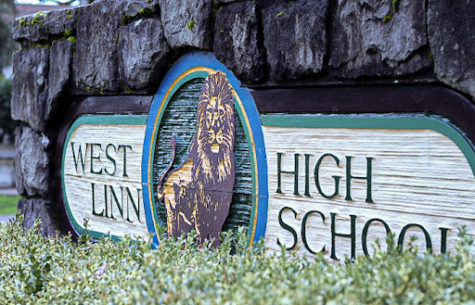
Though they had Karmakar as a resource to propose the class, Affinity Club had a voice that was hard to hear. The administration usually has a plethora of tasks, so Ethnic Studies was in the mix, it was just a matter of how it was prioritized.
“It’s always hard to make any sort of systemic change even on a local level, like [with] the school board and with the administration,” Villagomez said. “There was a lack of communication, I feel and sometimes, I feel like it was hard for my points to come across and it was hard to get a hold of administration. It would take a very long time. I do wish that I had a bit longer period to chat and sit with them one on one.”
As many questions arose throughout the proposal process, the classroom logistics are also another topic. Who will teach the class? How will they teach class? What is the most effective way to spread ethnicity awareness? There were many strategies to provide the answer to these questions like how Villagomez shared his information through his presentations while asking for ideas last year, and Tupper and Lin followed suit.
“I [think] it’d be more of a discussion-based class, rather than just assignment after assignment because the whole point of this class is to create more understanding,” Lin said. “That’s why we wanted it to be more collaborative and discussion-based with lots of group projects.”
Ethnic Studies will be a semester-long class, providing 0.5 credits in the electives category. Gretchen Bertram, who has experience working with Ethnic Studies, will be the teacher. Though not yet have a complete scope for translating the idea of Ethnic Studies into a physical classroom environment, having an established teacher will provide consistency in the classroom.
“She has some experience with ethnic studies courses,” Karmakar said. “Her husband teaches a course over at Oregon City so I think there’s a nice connection there. I’m not sure if we even have a textbook at this point. We [will] continue to work and research but I see it [being] more like a mix between a social studies and language arts class where there’s lots of time to have conversations and really dig into particular topics as opposed to kind of having to get through a certain lesson plan.”
As there are still details needing sorting out, Affinity Club is hard at work finding answers. Even then, the class proposal was accepted, so expect the option to take Ethnic Studies next year.
Your donation will support the student journalists of West Linn High School. Your contribution will allow us to continue to produce quality content by purchasing equipment, software, and continuing to host our website on School Newspapers Online (SNO).
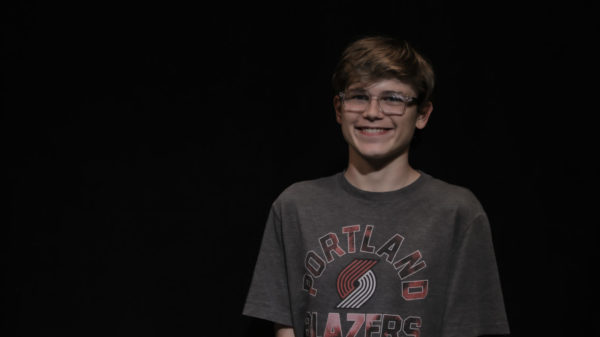
In addition to being the Web Editor-in-Chief, Joseph Murphy, senior, also enjoys running with the cross country team. Journalism has proved to be Murphy’s...

![Reaching out. Christopher Lesh, student at Central Catholic High School, serves ice cream during the event on March 2, 2025, at the Portland waterfront. Central Catholic was just one of the schools that sent student volunteers out to cook, prepare, dish, and serve food. Interact club’s co-president Rachel Gerber, junior, plated the food during the event. “I like how direct the contact is,” Gerber said. “You’re there [and] you’re just doing something good. It’s simple, it’s easy, you can feel good about it.”](https://wlhsnow.com/wp-content/uploads/2025/03/interact-1-edited-1200x744.jpg)
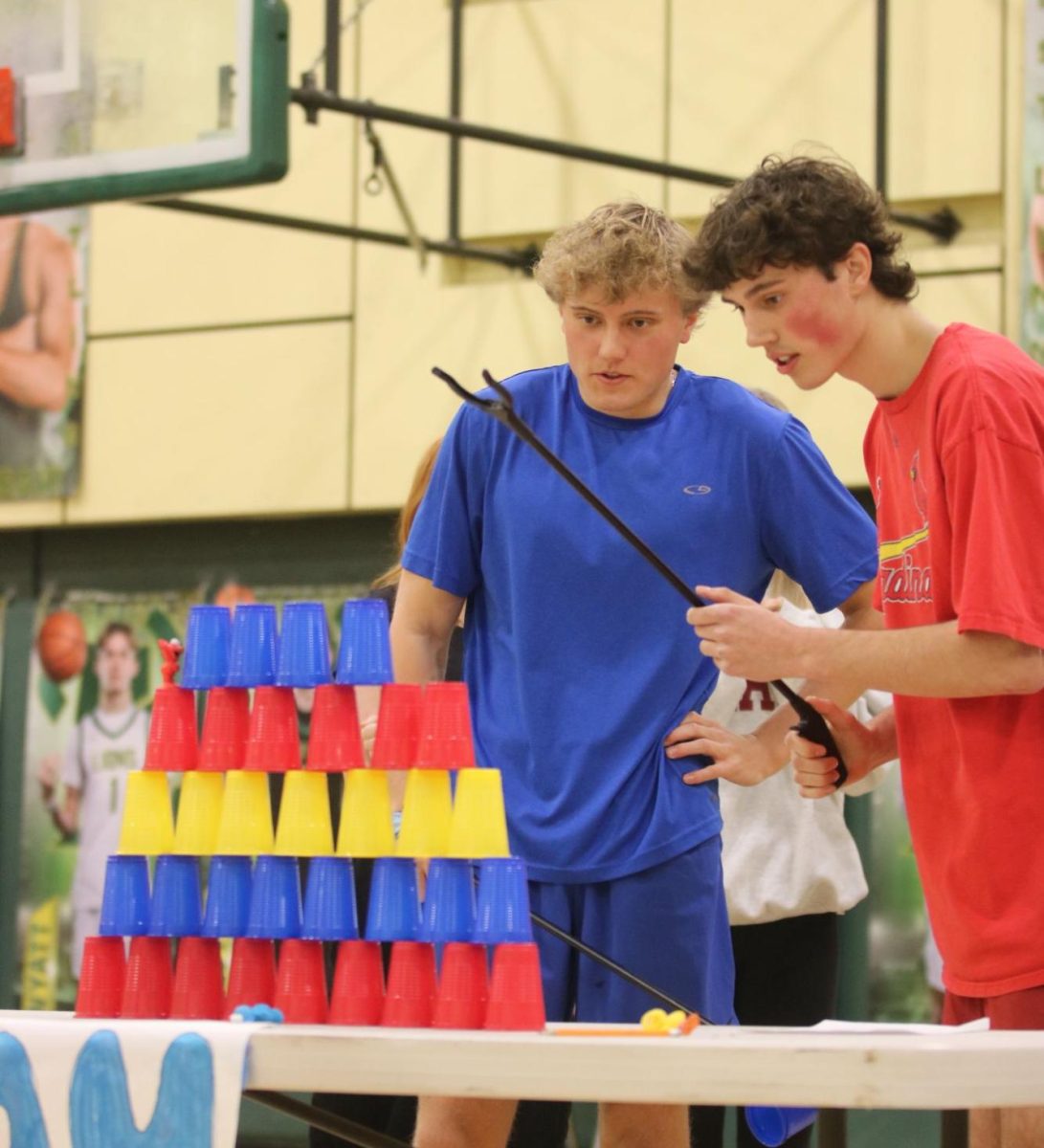
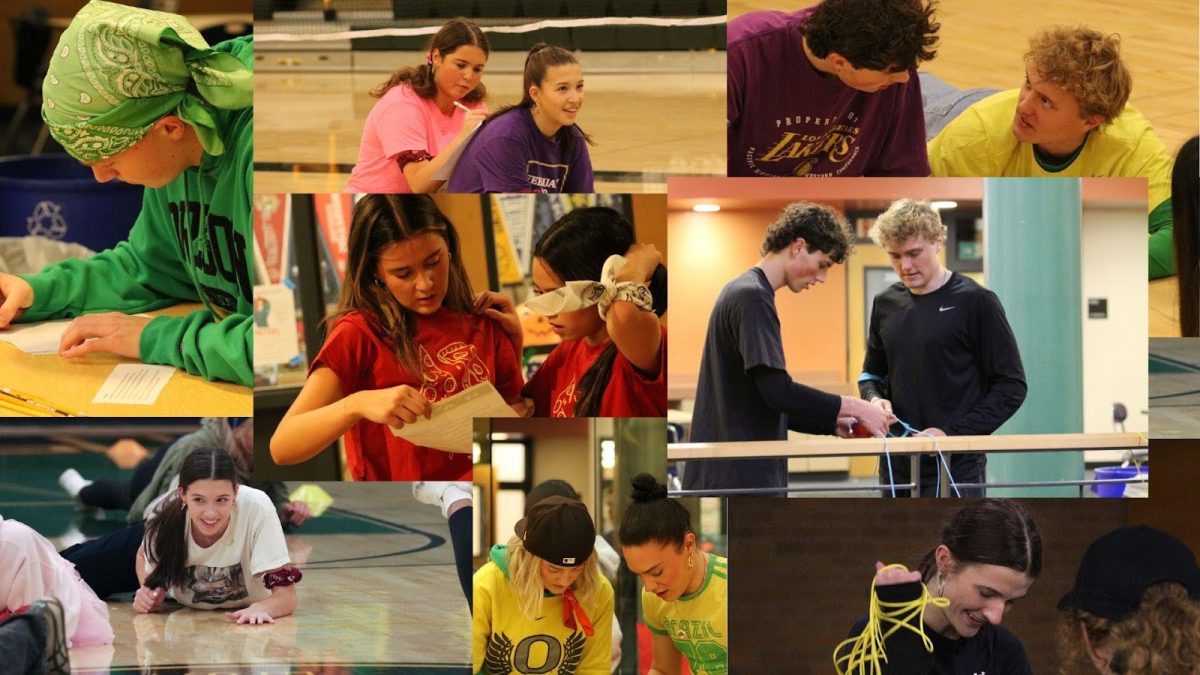
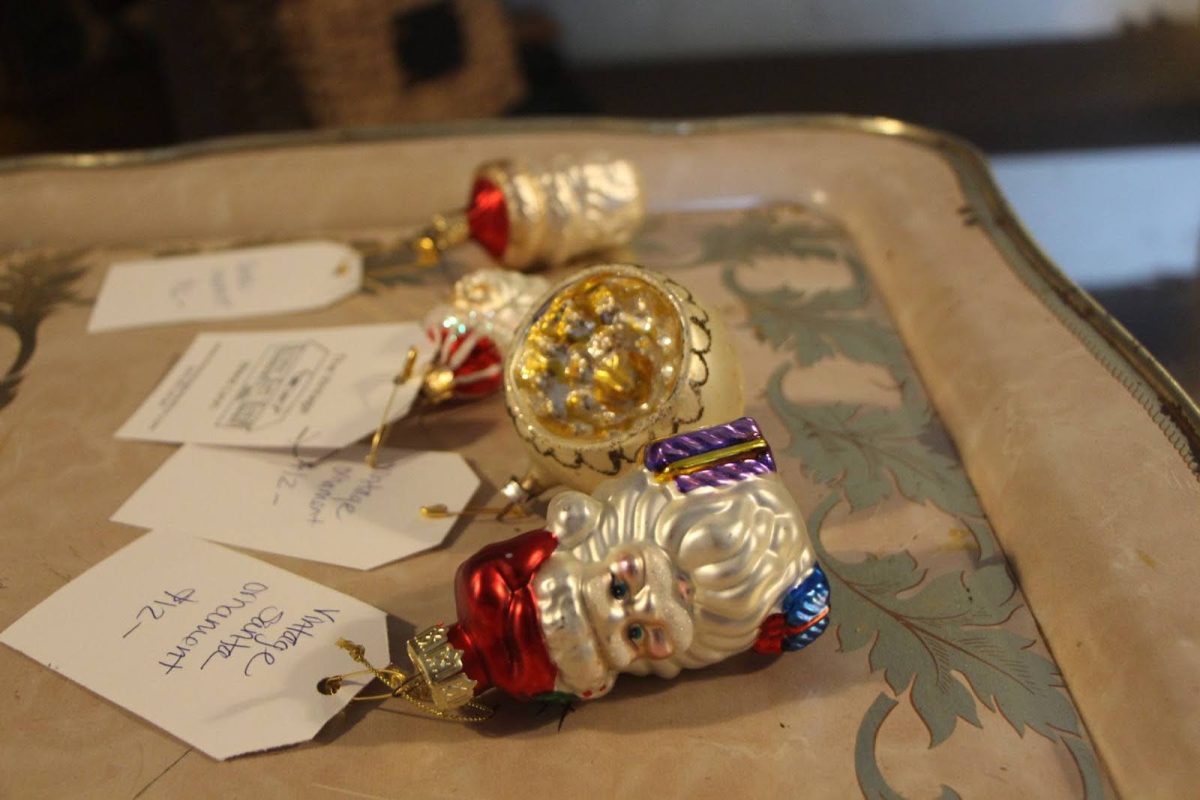
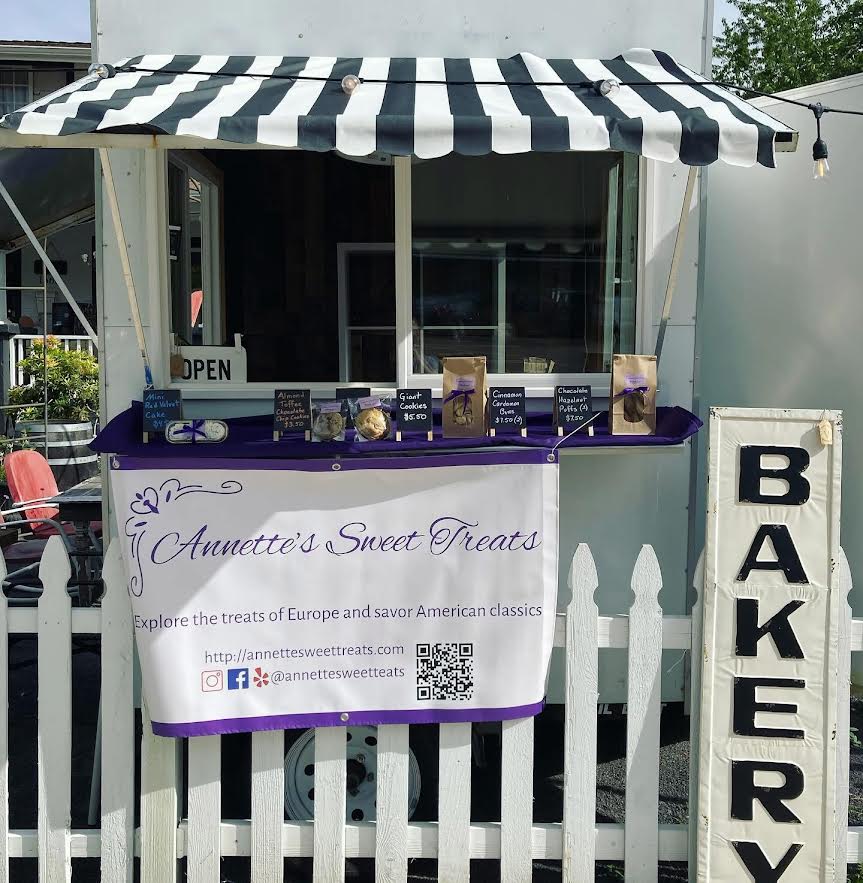

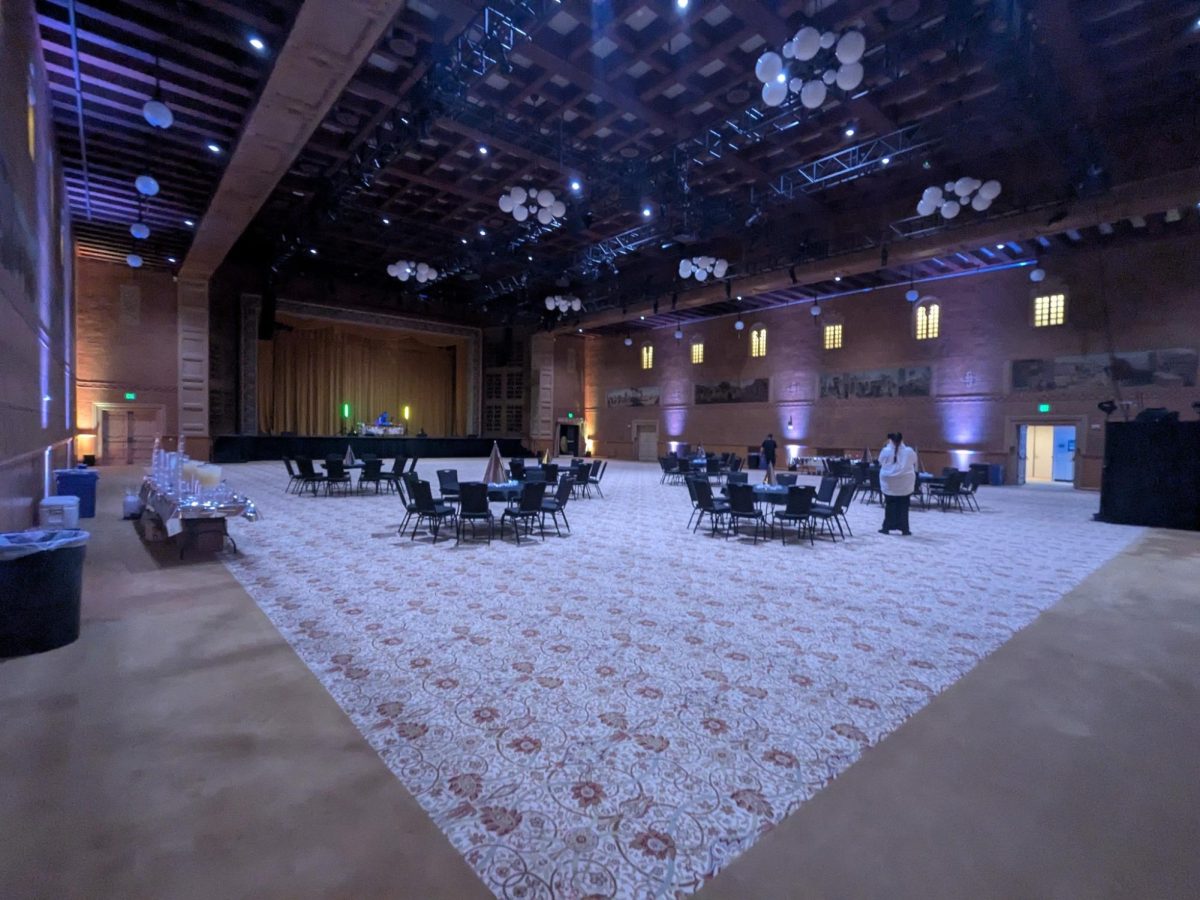

















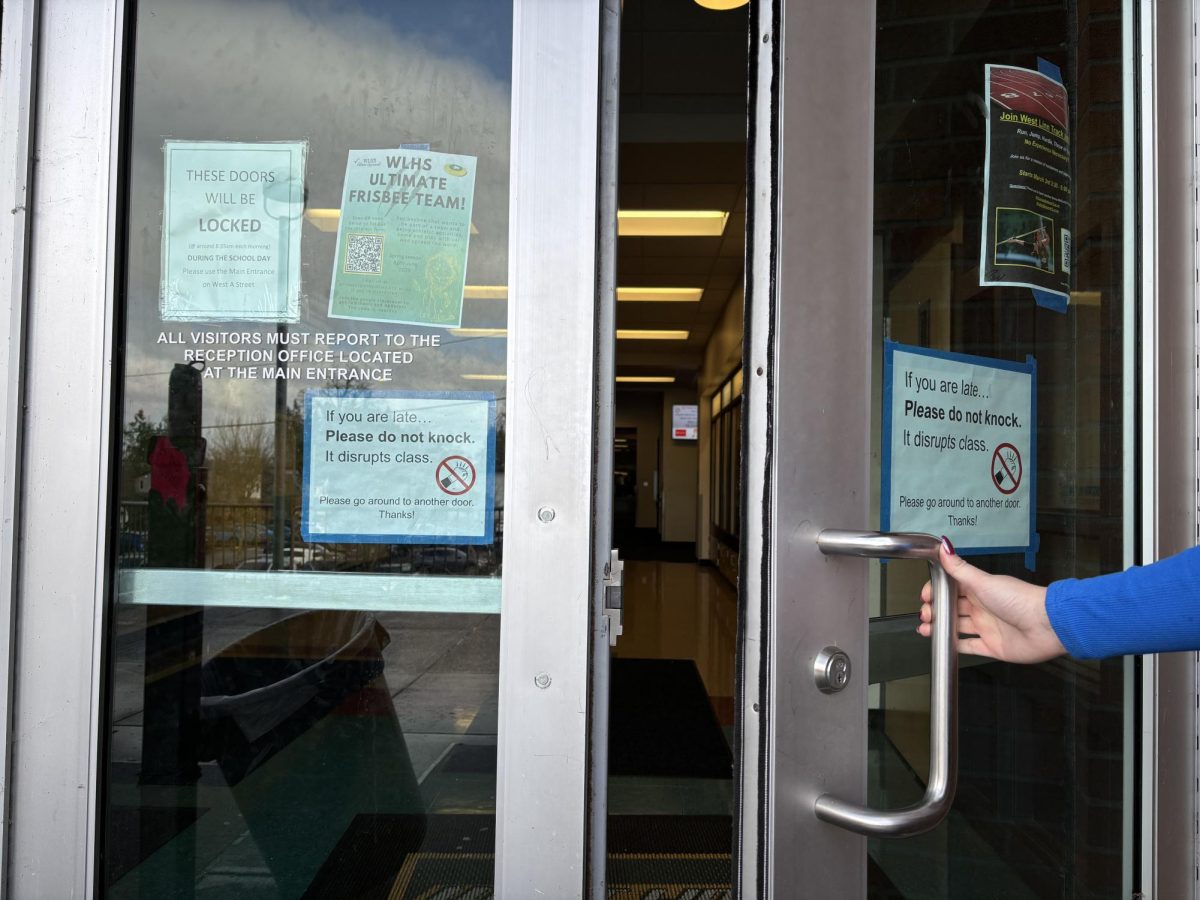
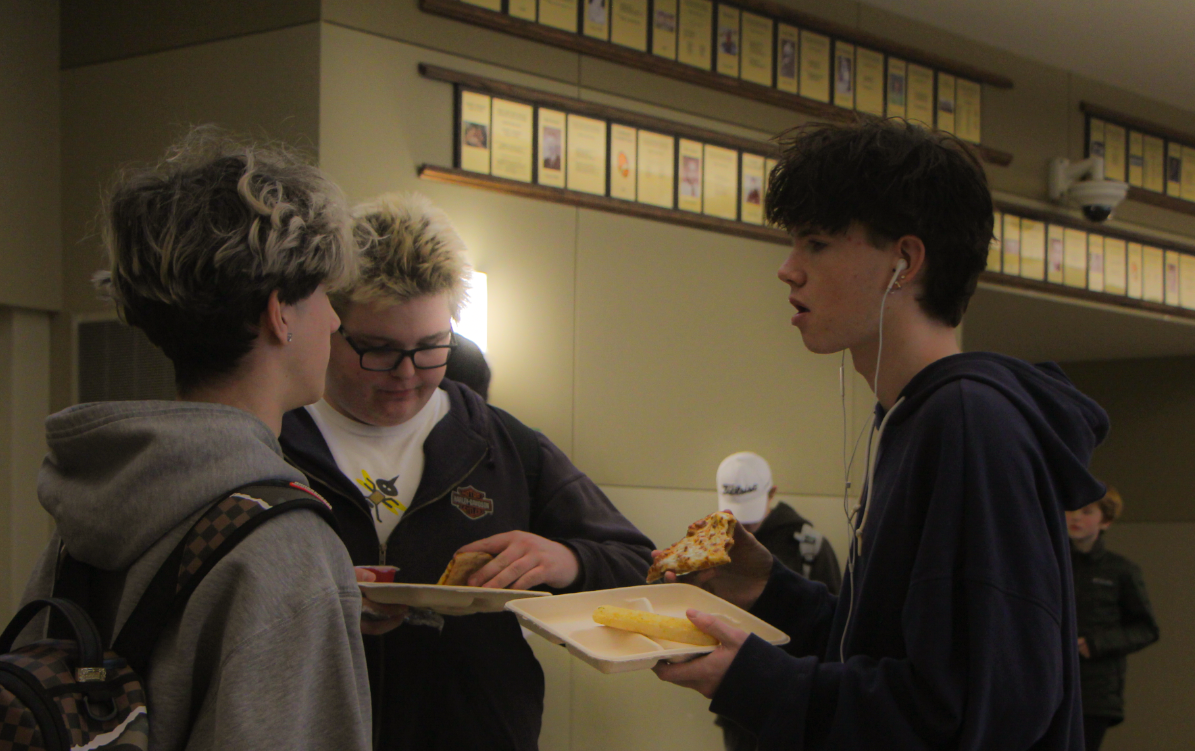

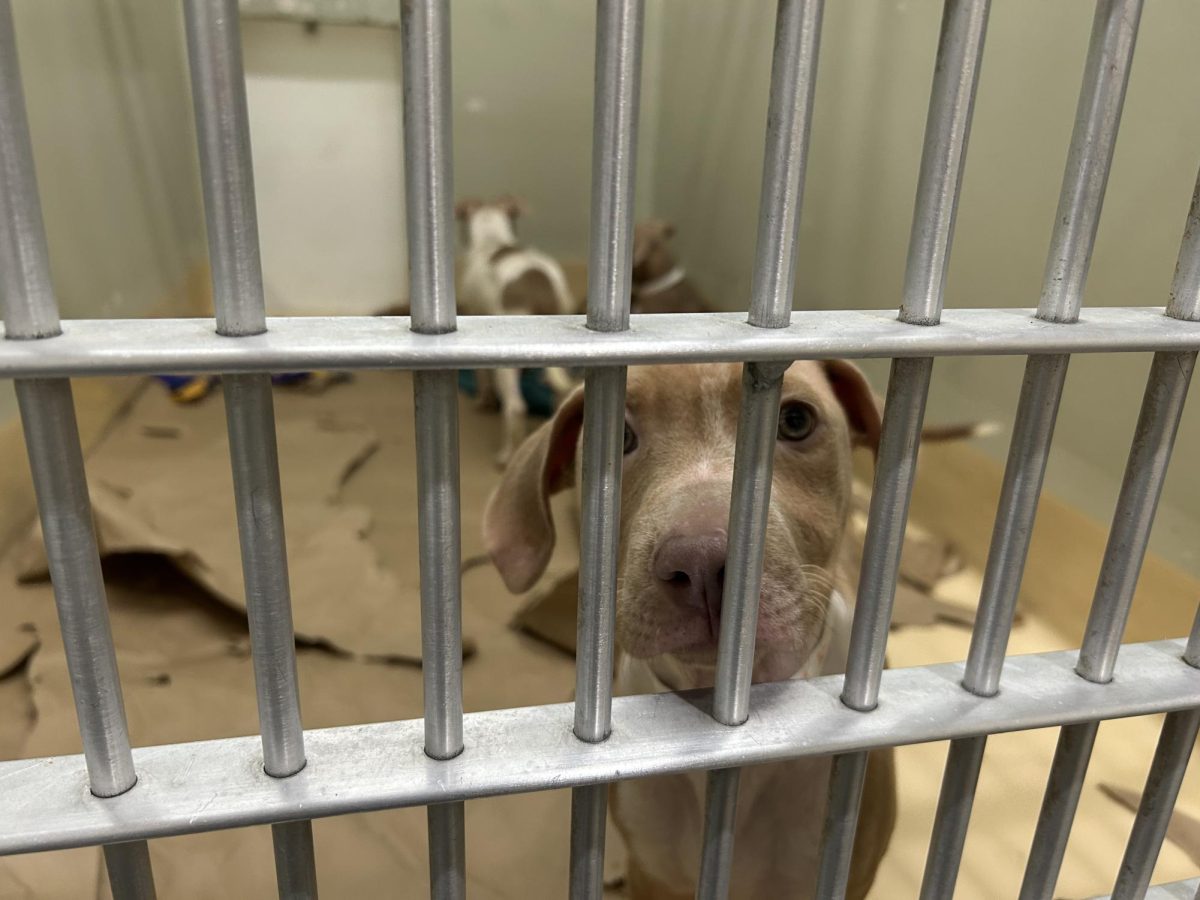
















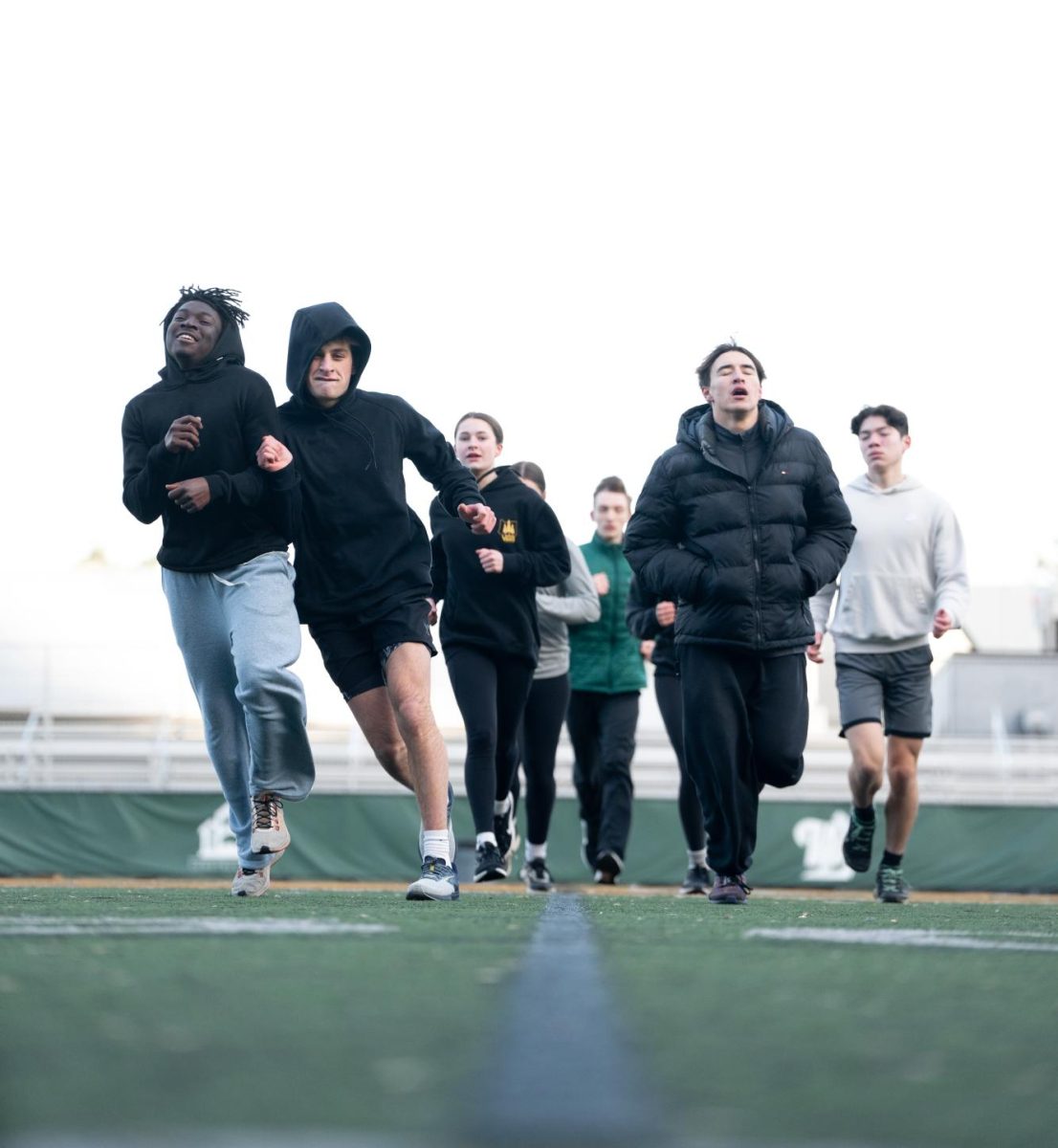
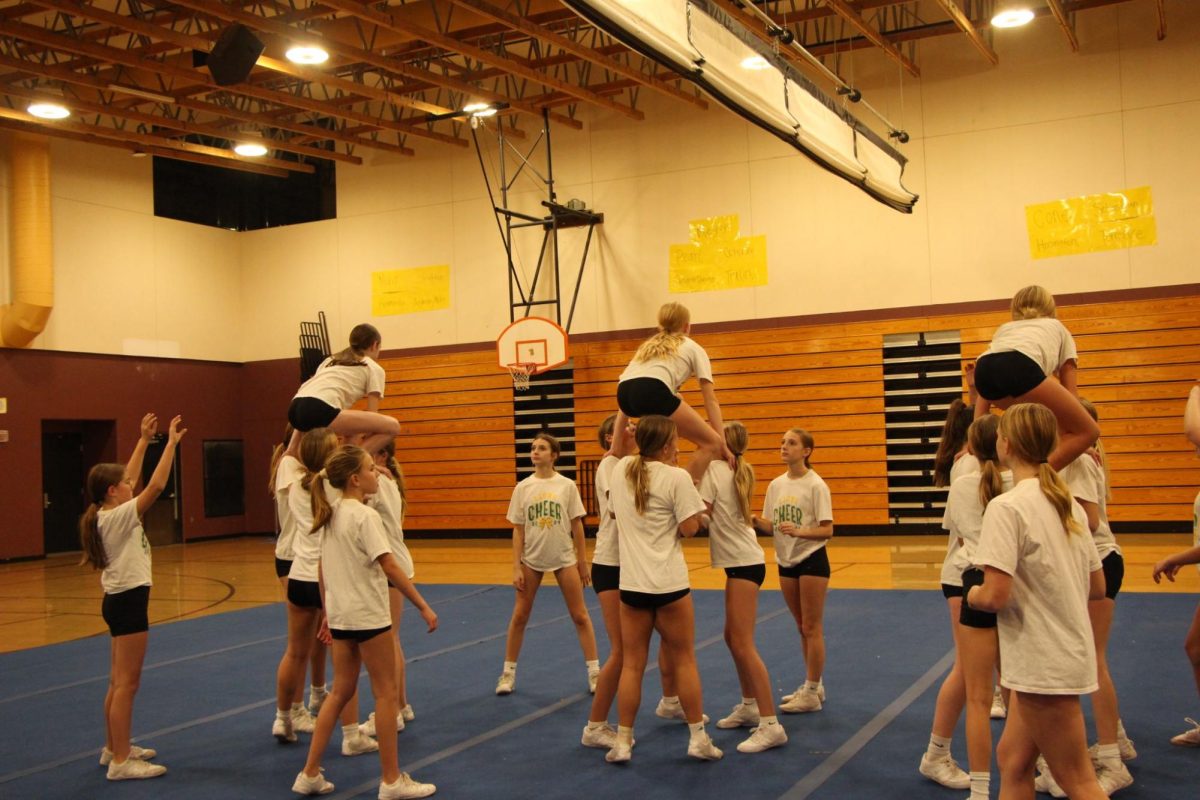
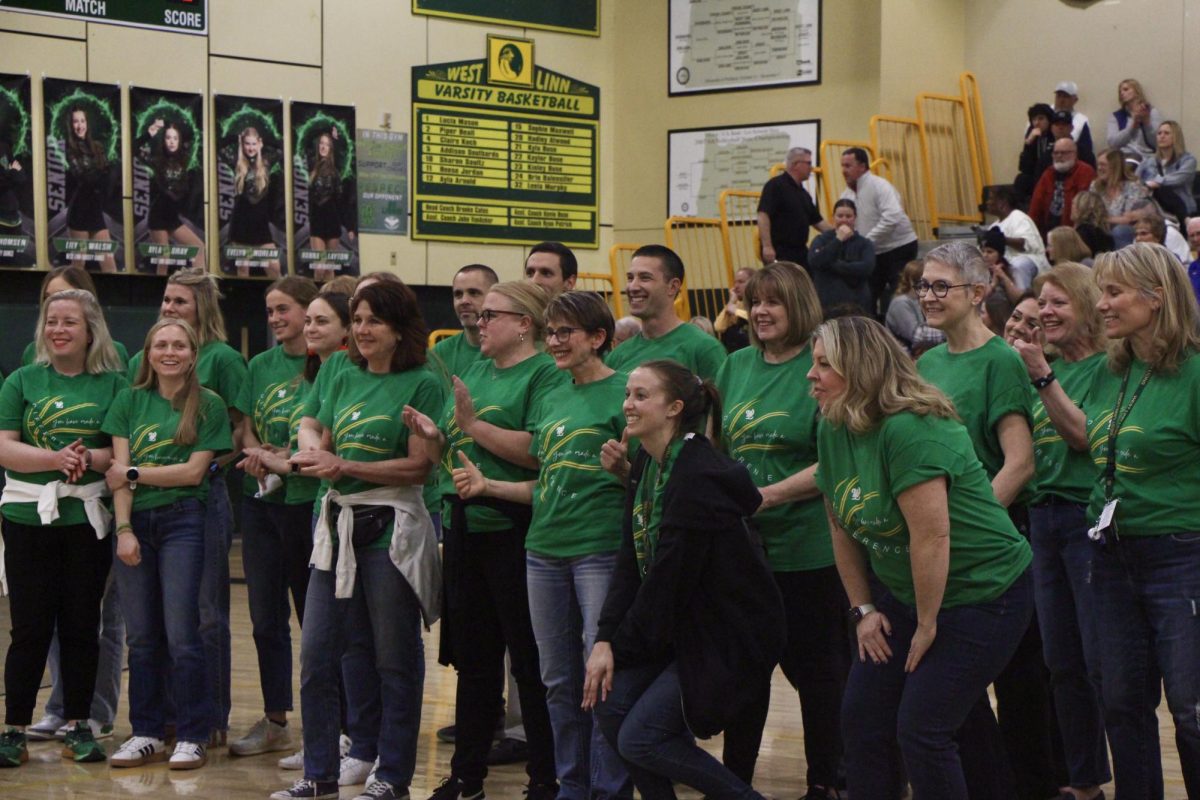
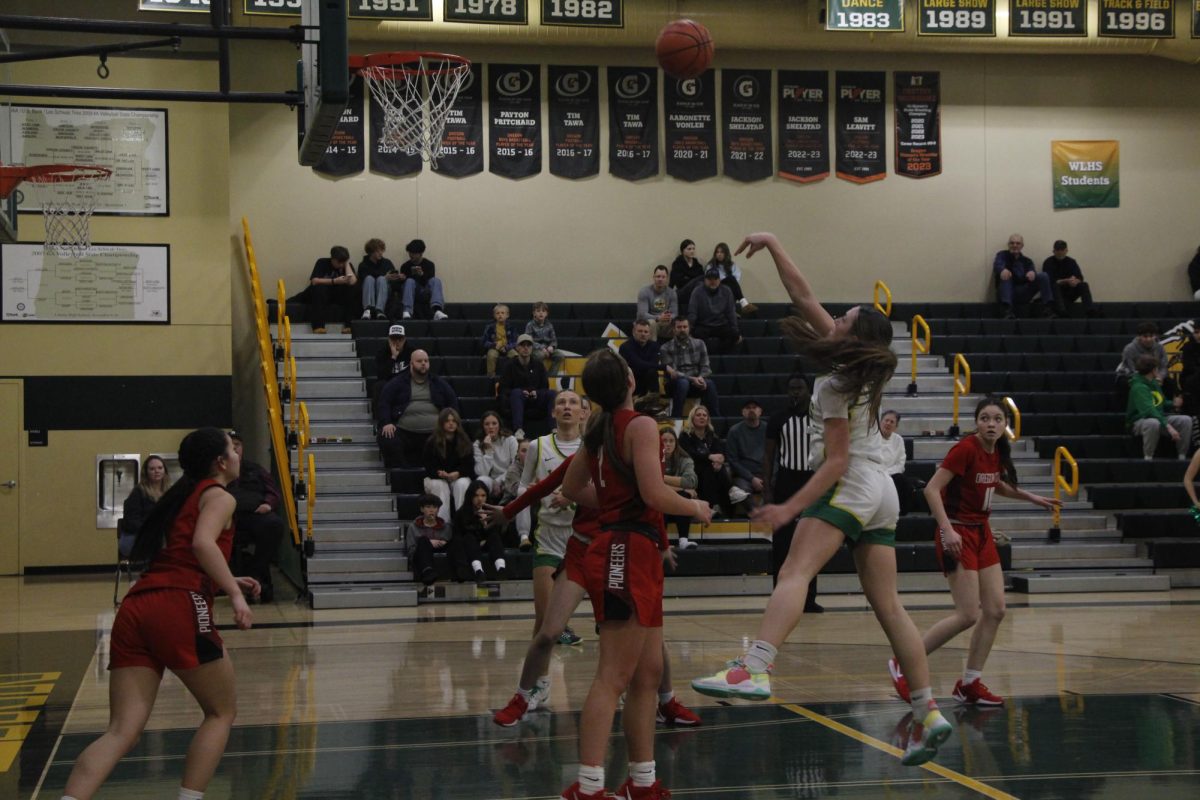
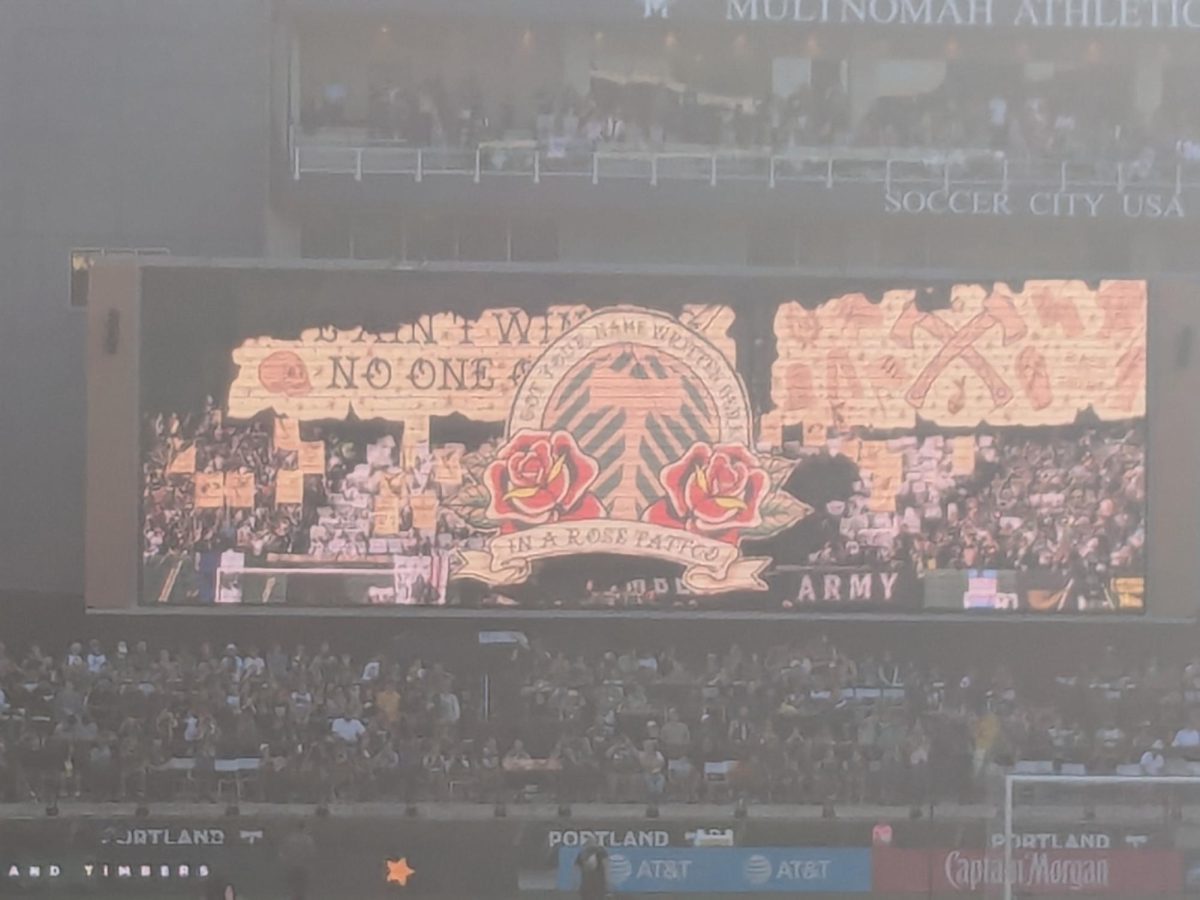






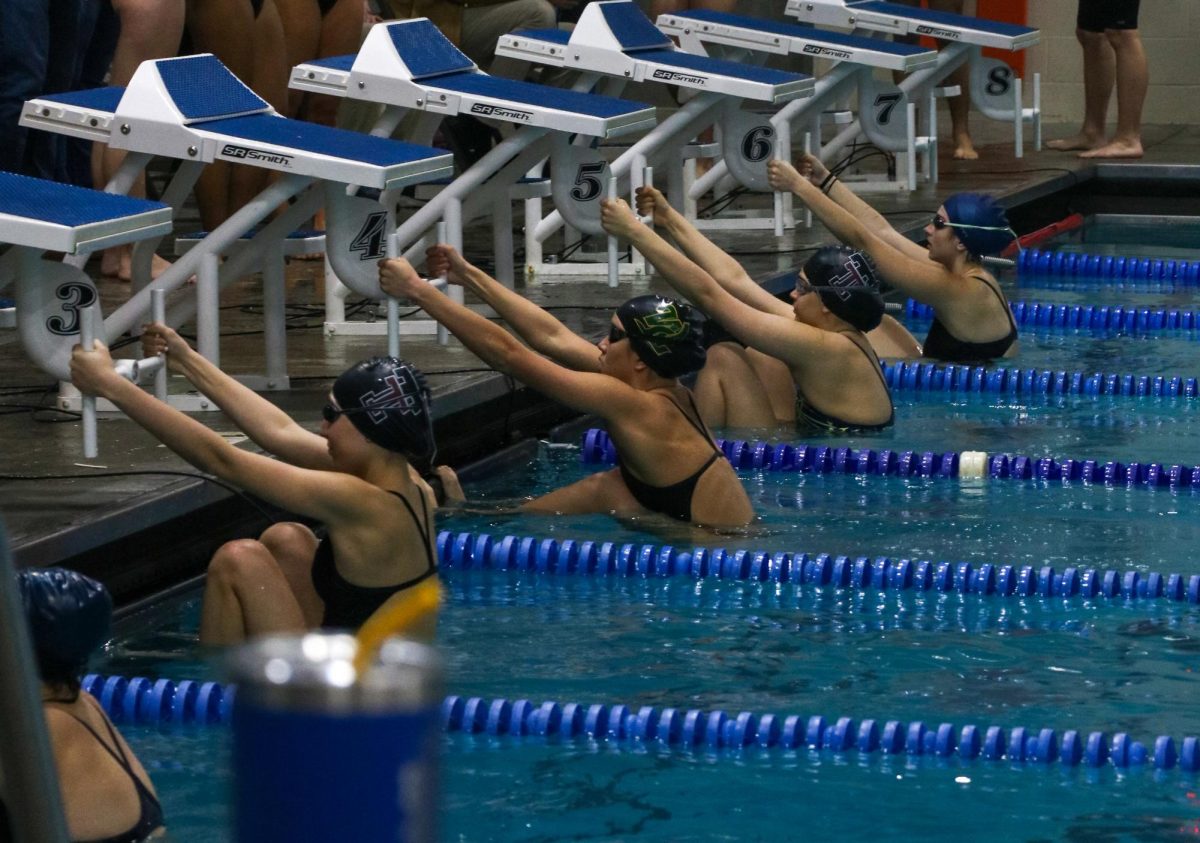
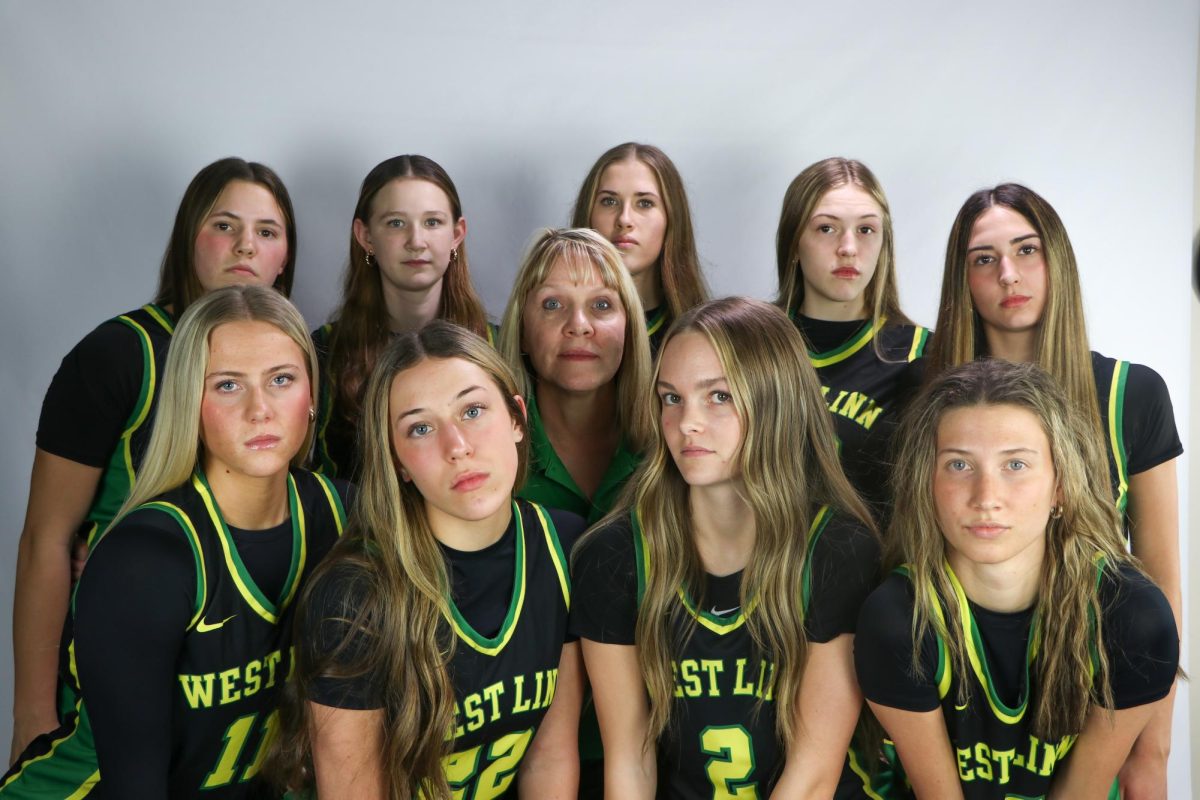
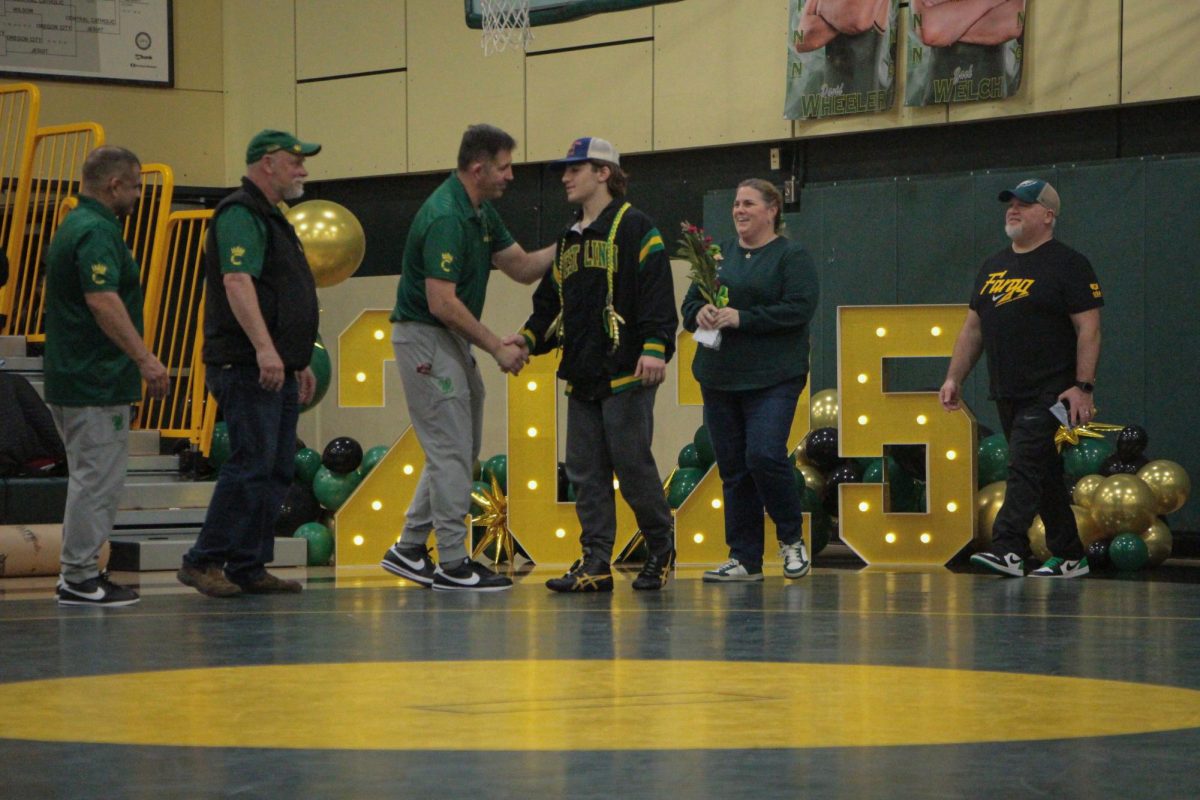
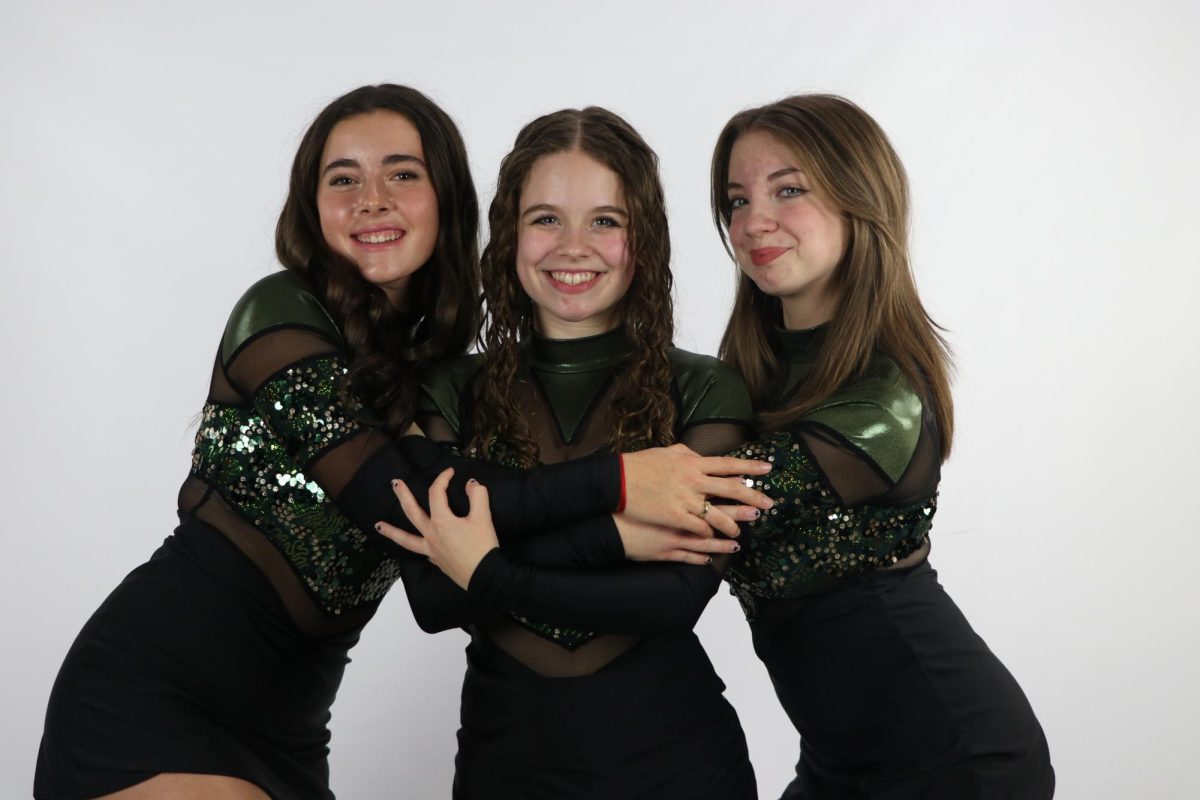
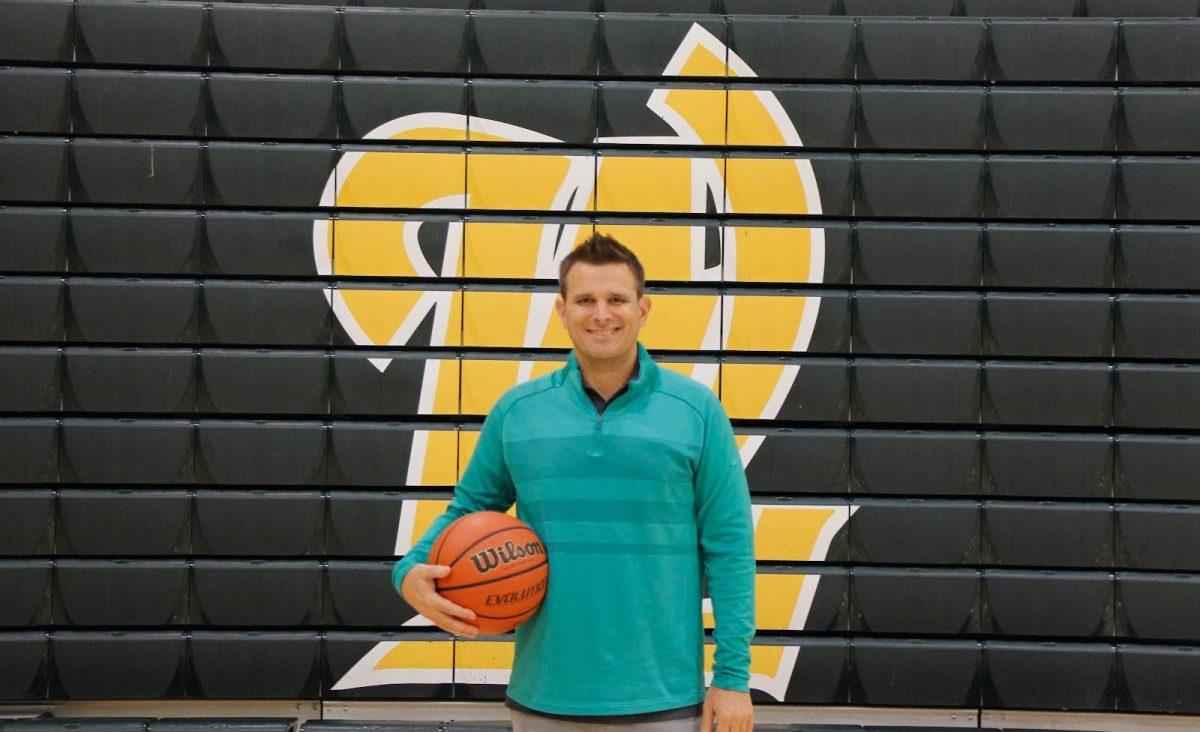



![At the bottom of the third inning, the Lions are still scoreless. Rowe stands at home plate, preparing to bat, while Vandenbrink stands off to the side as the next batter up. Despite having the bases loaded, the team was unable to score any runs. “It’s just the beginning of the season. We’re just going to be playing out best by June, [and] that’s where champions are,” Rowe said.](https://wlhsnow.com/wp-content/uploads/2024/03/IMG_3077-1200x900.jpg)





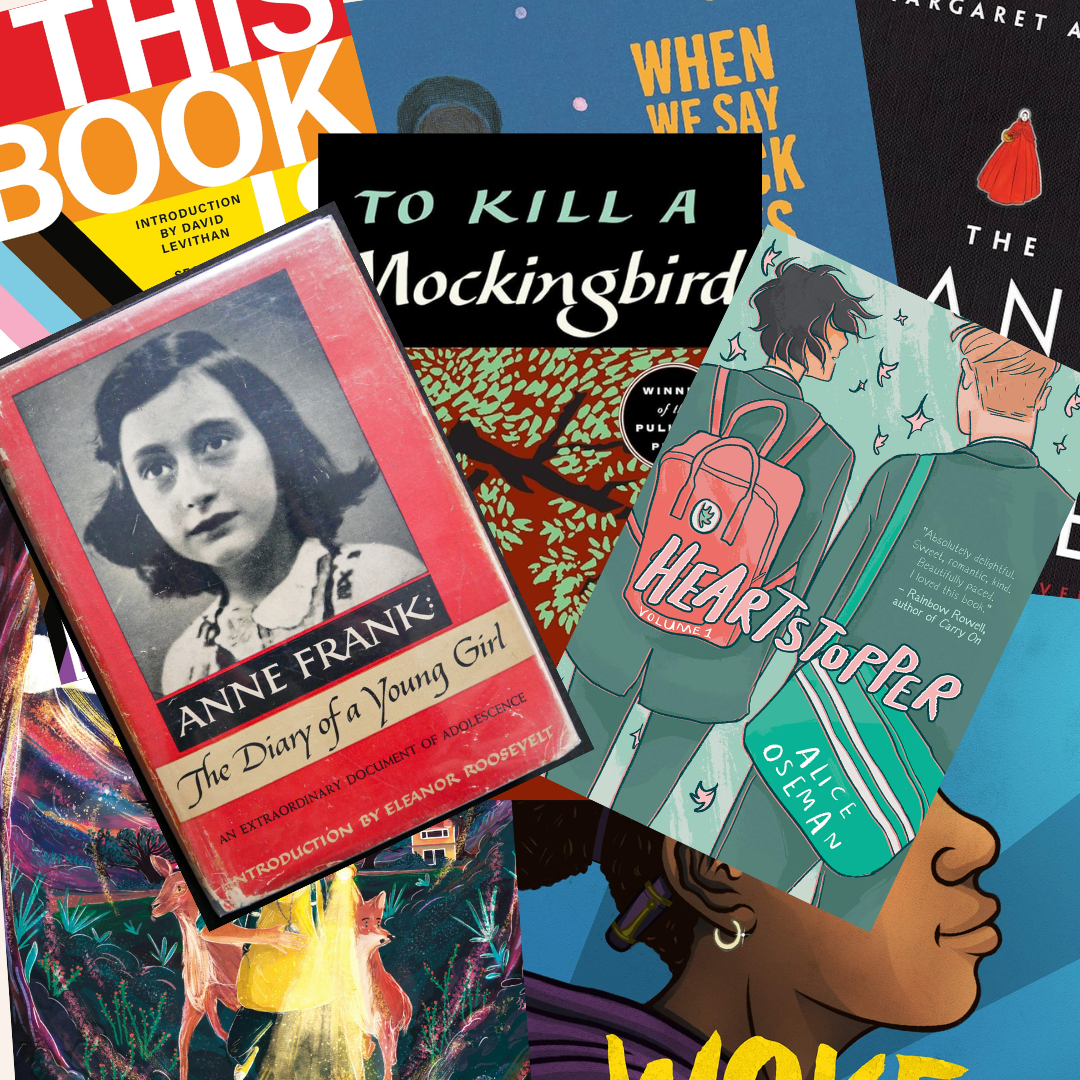
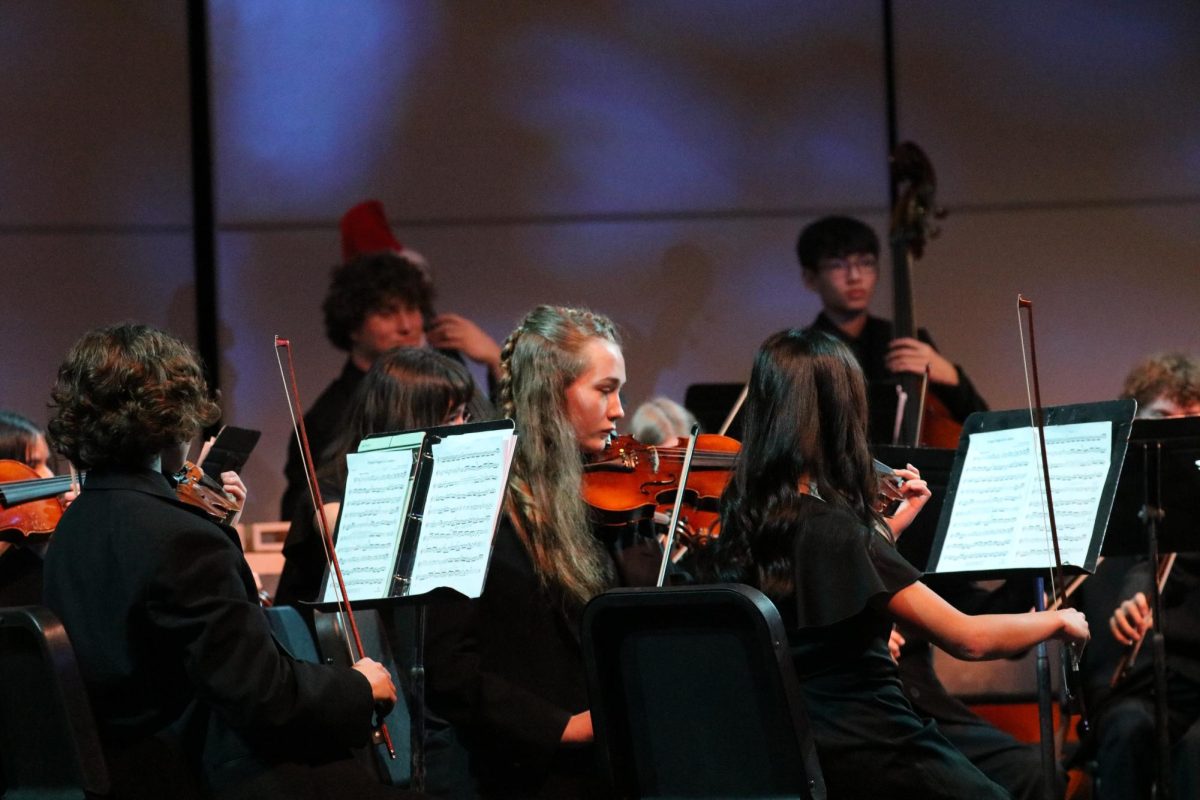












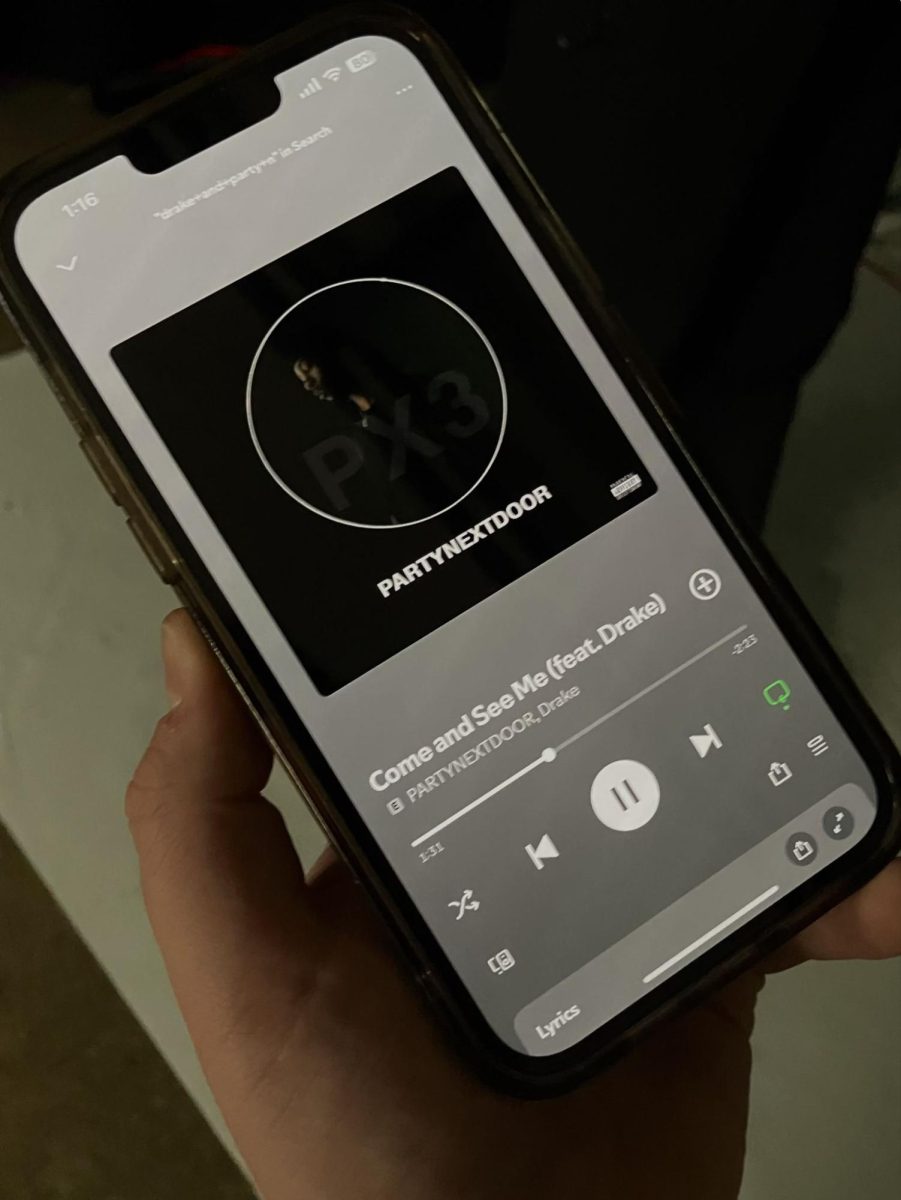
































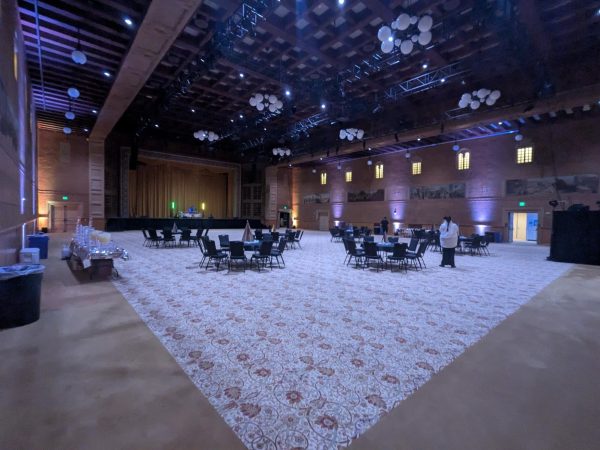

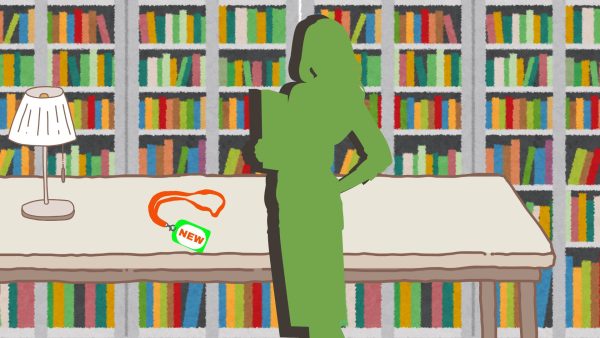
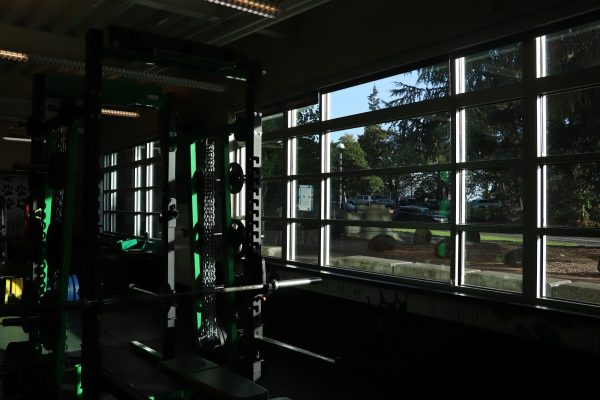
![Reaching out. Christopher Lesh, student at Central Catholic High School, serves ice cream during the event on March 2, 2025, at the Portland waterfront. Central Catholic was just one of the schools that sent student volunteers out to cook, prepare, dish, and serve food. Interact club’s co-president Rachel Gerber, junior, plated the food during the event. “I like how direct the contact is,” Gerber said. “You’re there [and] you’re just doing something good. It’s simple, it’s easy, you can feel good about it.”](https://wlhsnow.com/wp-content/uploads/2025/03/interact-1-edited-600x372.jpg)
